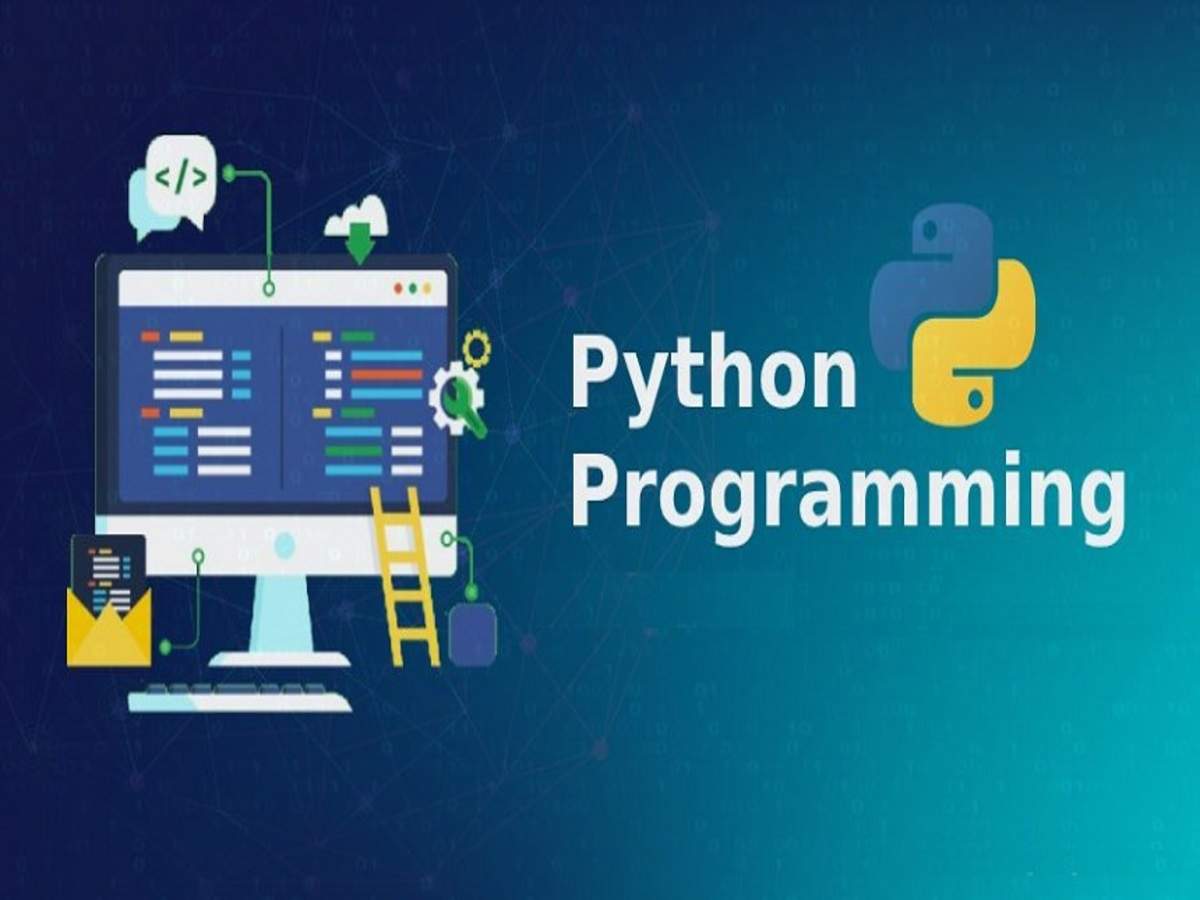Unlock the power of Python with Aptech's Python Fundamentals & Advanced Programming Course. Designed for beginners and professionals alike, this course covers essential Python concepts, from syntax to advanced topics like web development, data analysis, and networking. Learn through hands-on projects with expert instructors, and gain a KHDA-recognized certification to boost your career in tech.

Upon completing the course, students will be equipped with advanced Python skills, opening up numerous career paths. Python is one of the most sought-after programming languages across various industries, and this course prepares you for roles such as:
Write a public review